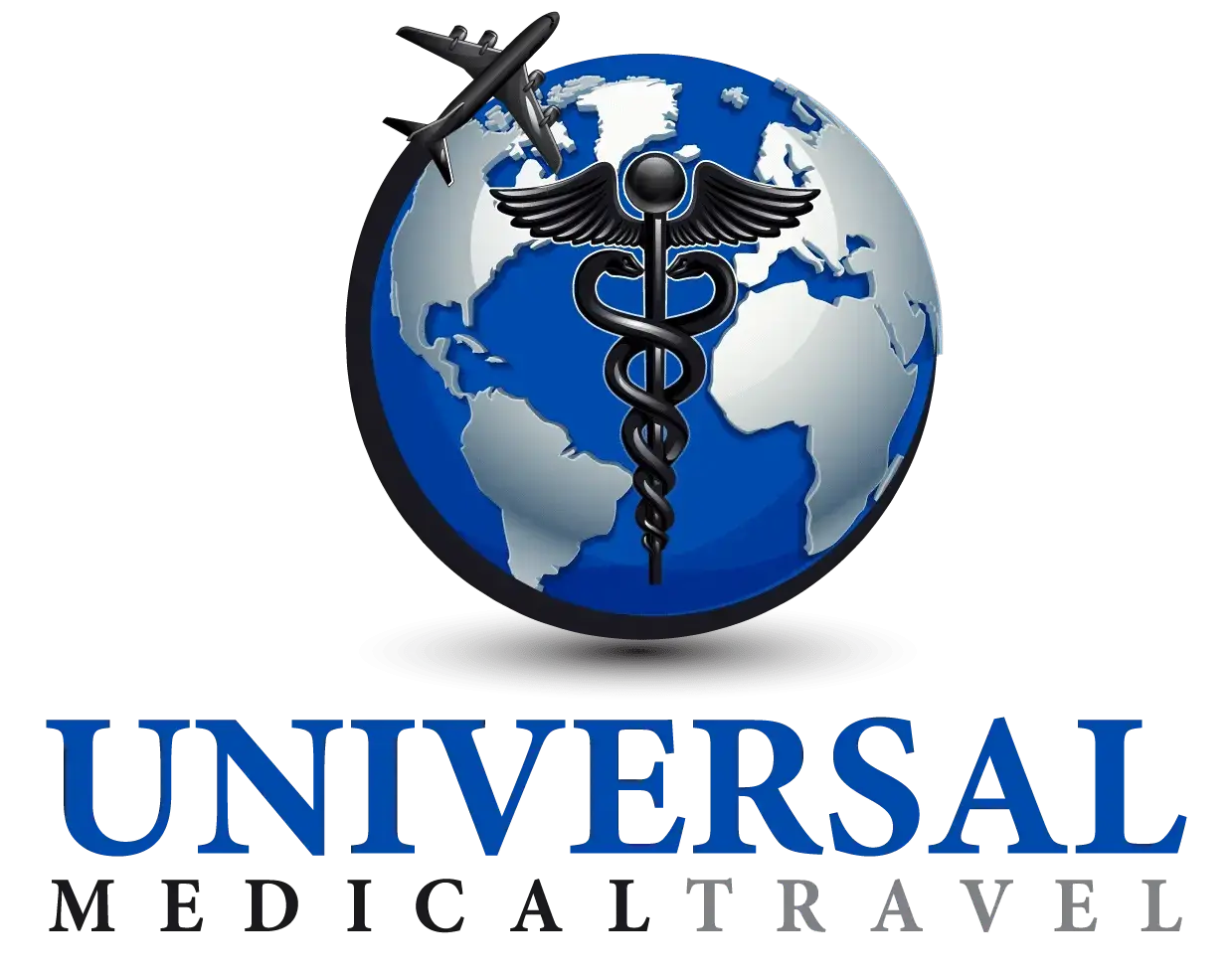
Unveiling the amazing benefits of Dental Tourism: Where exceptional dental care meets adventurous travel
Universal Medical Travel is your trusted dental tourism company for navigating the world of dental tourism. We recognize that seeking dental care through medical tourism can be a complex decision, and our goal is to offer effortless access to premier dental facilities, esteemed specialists, and state-of-the-art treatments worldwide. Whether it’s dental tourism implants or a range of dental procedures, we’re dedicated to guiding you towards the best dental tourism experiences, ensuring exceptional care and satisfaction.”
We provide our clients with a realm of international dental care services within the domain of dental tourism, carefully tailored to individual needs. This diverse spectrum spans from routine check-ups to intricate oral surgeries, encompassing dental implants, root canals, veneers, teeth whitening, and an array of treatments, ensuring personalized and exceptional oral care for every patient.
Exploring the Full Spectrum of Dental Wellness: A Comprehensive Approach to Medical Tourism
At the core of medical tourism for dental care, Universal Medical Travel upholds a steadfast commitment to holistic oral health, encompassing the diagnosis, treatment, and prevention of severe dental conditions. Dentists, supported by skilled professionals, deliver an extensive array of services devoted to maintaining optimal oral well-being.
Dentistry, a multifaceted field, spans specialized realms addressing various facets of oral health. Under the umbrella of Universal Medical Travel, cosmetic dentistry enhances smiles, while orthodontics corrects tooth alignment. Further specialties encompass pediatric dentistry, endodontics, periodontology, prosthodontics, and oral and maxillofacial surgery, each dedicated to addressing unique oral health concerns.
The Overall Advantages of Dental Treatment: Beyond Aesthetics and Towards Overall Health
Beyond mere aesthetics, the impact of dental care on overall well-being is profound. Regular biannual check-ups not only mitigate oral issues but also serve as a crucial gateway to identifying systemic diseases associated with oral health, such as diabetes and heart disease. Neglecting oral health can lead to infections, tooth loss, and various health risks, emphasizing the critical correlation between oral hygiene and holistic health.
Within the world of dental tourism, Universal Medical Travel establishes a global network of accredited dental facilities, encompassing esteemed clinics and centers. Offering comprehensive dental care packages inclusive of implants, root canals, veneers, and teeth whitening, we tailor these services to provide personalized patient experiences, from consultations to post-operative care.
The cornerstone of dental tourism that Universal Medical Travel facilitates is transparency, which provides precise insights into procedures, costs, facilities, and post-operative care. Our unwavering dedication to patient safety and exemplary outcomes fosters an environment conducive to successful dental procedures by prioritizing satisfaction and ensuring positive experiences.
Treatment for Dental Care
Restorative Procedures (Fillings, Crowns, Bridges): Dentists repair damaged teeth using fillings to fix small cavities, crowns to cover severely damaged teeth, and bridges to replace missing teeth, restoring your smile and chewing ability.
Prosthetic Procedures (Dentures): Dentures are custom-made artificial teeth and gums that replace missing teeth, allowing you to eat and speak comfortably while improving the appearance of your smile.
Endodontic Therapy (Root Canal): This treatment saves a badly infected or decayed tooth by removing the infected tissue inside, cleaning the area, and sealing it, stopping pain and preventing the need for tooth extraction.
Periodontal Therapy (Gum Treatment): Gum therapy involves deep cleaning to remove plaque and tartar from below the gum line, treating gum disease, preventing tooth loss, and maintaining healthy gums.
Tooth Extraction: Dentists remove severely damaged or infected teeth using specialized tools and techniques, providing relief from pain and preventing further oral issues.
Why Choose Universal Medical Travel for dental tourism?
1. It ensures access to reliable, comprehensive dental services combined with personalized care.
2. It offers a commitment to patient safety, quality outcomes, and transparent information, making the dental tourism experience seamless and rewarding for individuals seeking superior dental care.
3. We specialize in facilitating top-notch dental treatments, catering to your oral health needs while offering an enriching travel experience.
4. As a leading agency in medical tourism dental services, we boast a vast network of accredited clinics and proficient professionals worldwide. Our platform stands as the ultimate destination for those seeking the best dental tourism experiences.
FAQs – Dental Care:
How can I ensure the safety and quality of dental services during dental tourism?
Research extensively about the chosen dental facility, considering their accreditations, expertise, and patient reviews.
Are dental procedures during medical tourism cost-effective?
Dental tourism often offers cost savings without compromising on quality, making it an appealing choice for many seeking specialized dental treatments.
What are the risks associated with dental procedures in dental tourism?
Risks involve potential complications during or after dental procedures, which can vary based on the treatment and individual health factors.
What post-procedure care is necessary after dental treatments in medical tourism?
Following dentist-recommended post-operative care, maintaining oral hygiene, and attending follow-up appointments are crucial for recovery.
Are dental implants offered as part of dental tourism packages?
Yes, dental implants are commonly included in dental tourism packages for those seeking such procedures.
How can I select the best dental tourism agency for my dental needs?
Look for agencies with a proven track record, transparent information, and positive patient testimonials to ensure a reliable and satisfactory experience.
What are the key considerations when choosing a destination for dental tourism?
Factors like the accreditation of the dental clinic, the history of the doctors and experiences of the medical staff, travel convenience and overall costs are important to consider.
Are there specific requirements for international patients seeking dental treatments?
International patients may need to provide medical records, undergo preliminary assessments, and fulfill visa and travel requirements.
Is dental tourism suitable for all dental procedures?
Dental tourism caters to various procedures, but individual suitability depends on the treatment, the patient's health, and specific dental needs.
